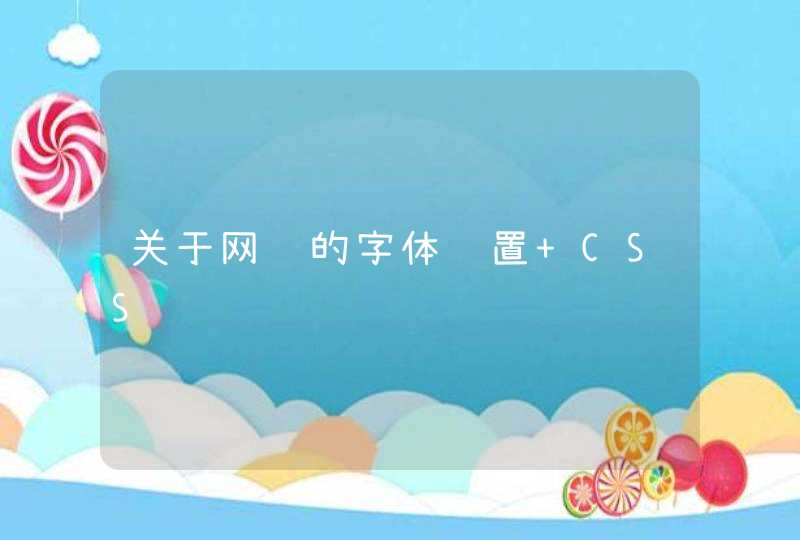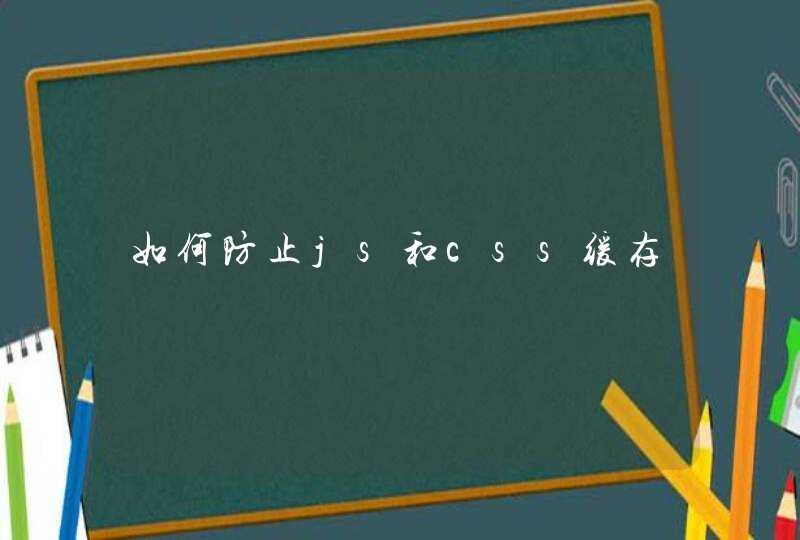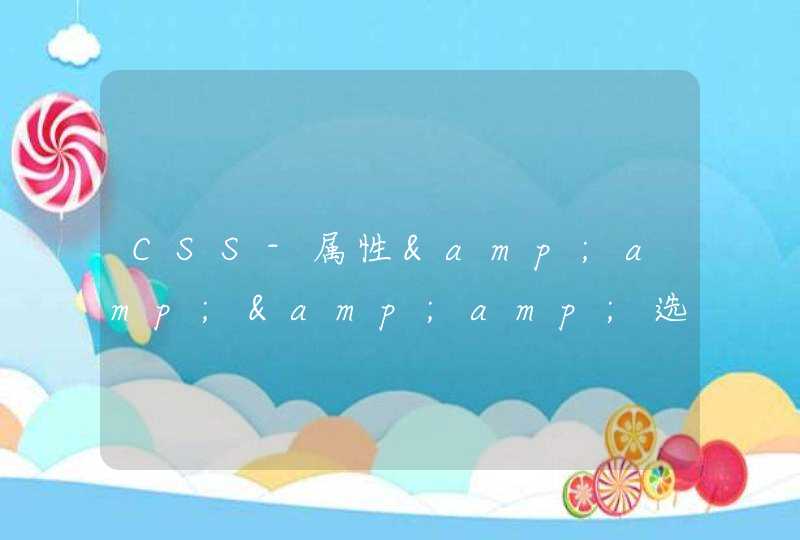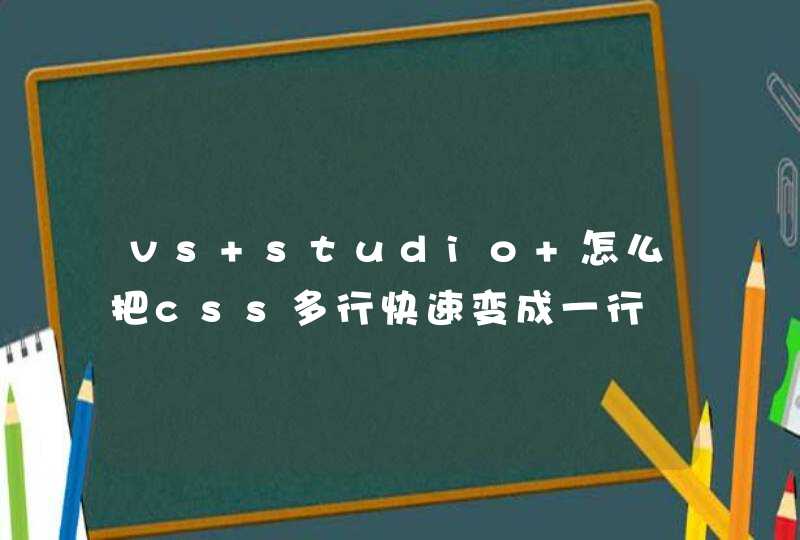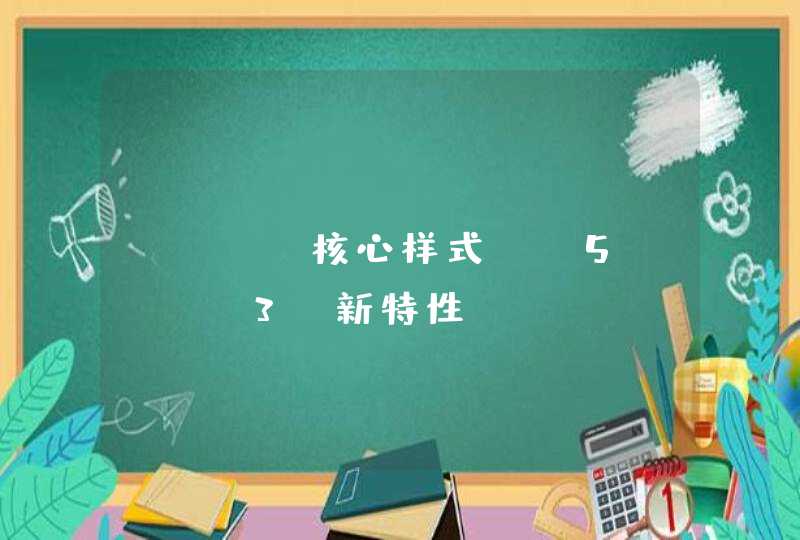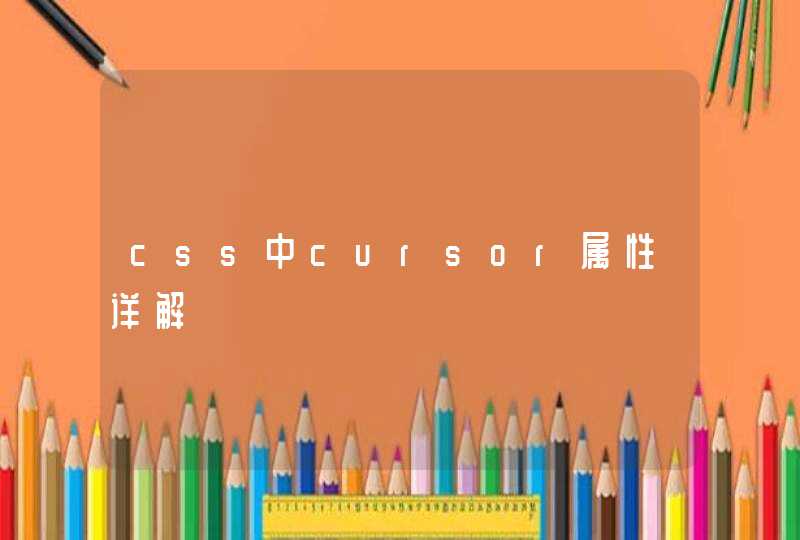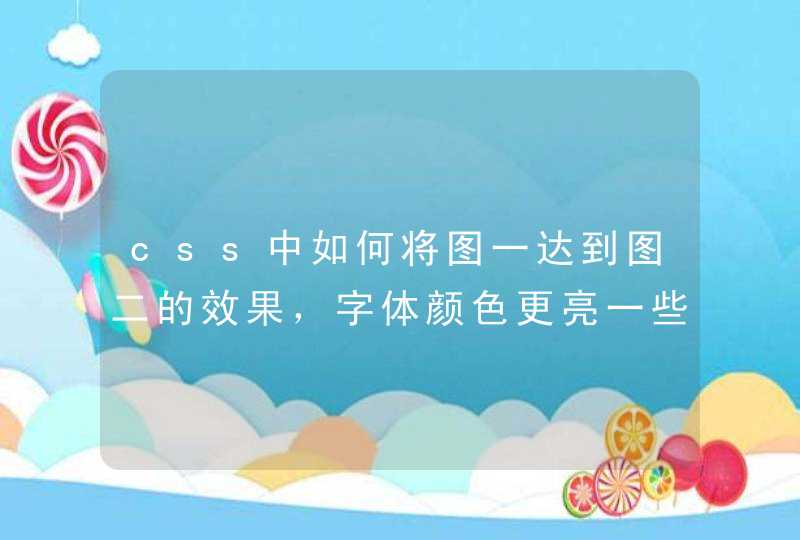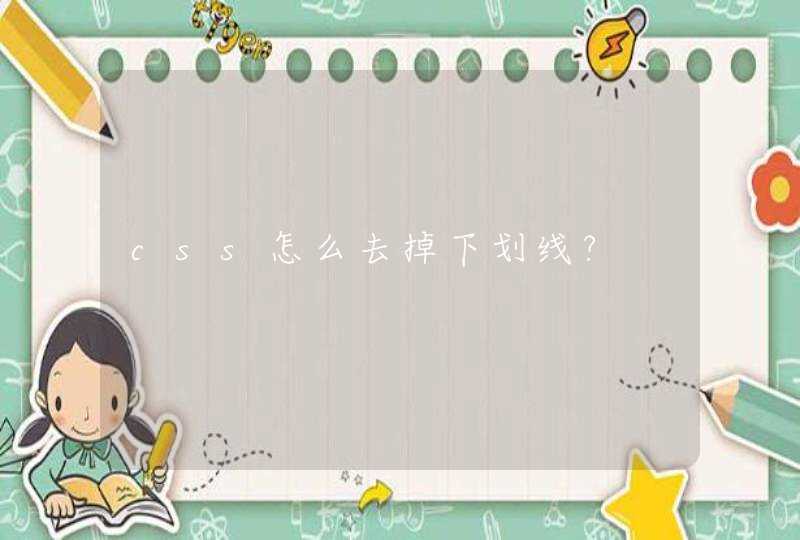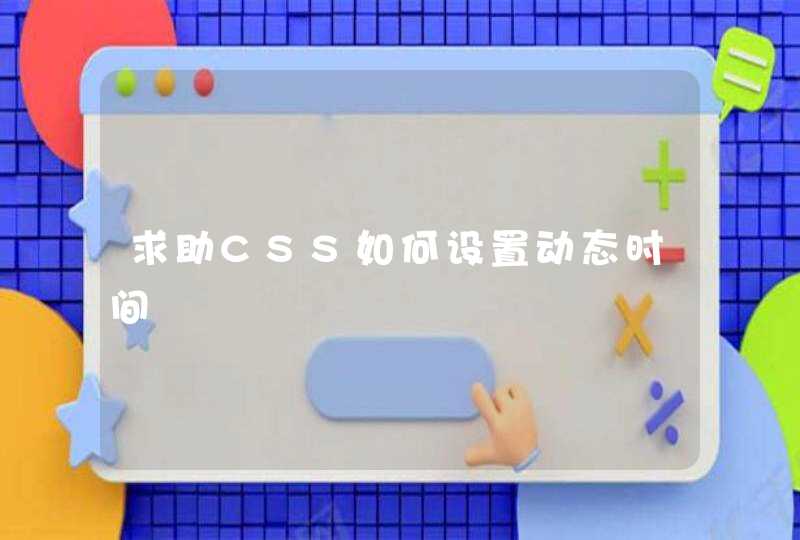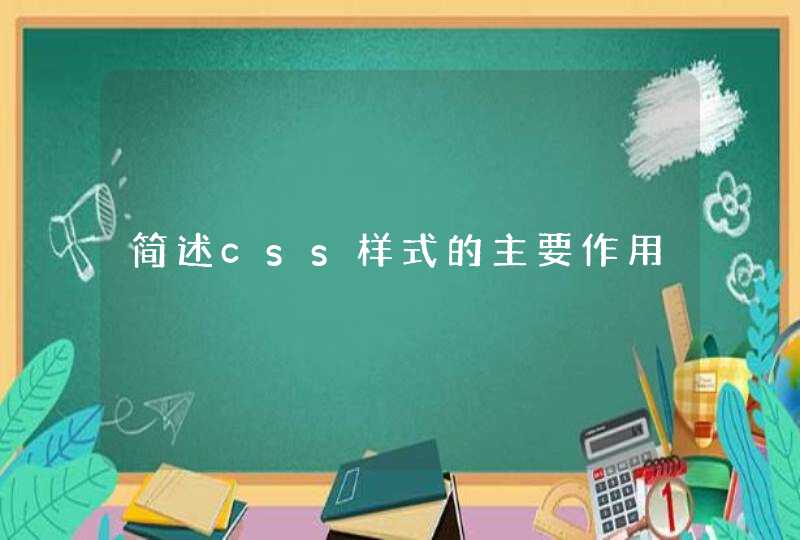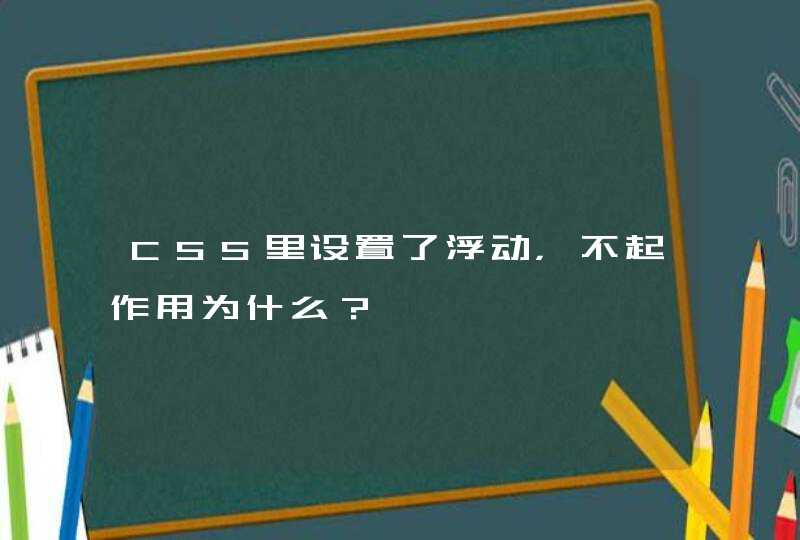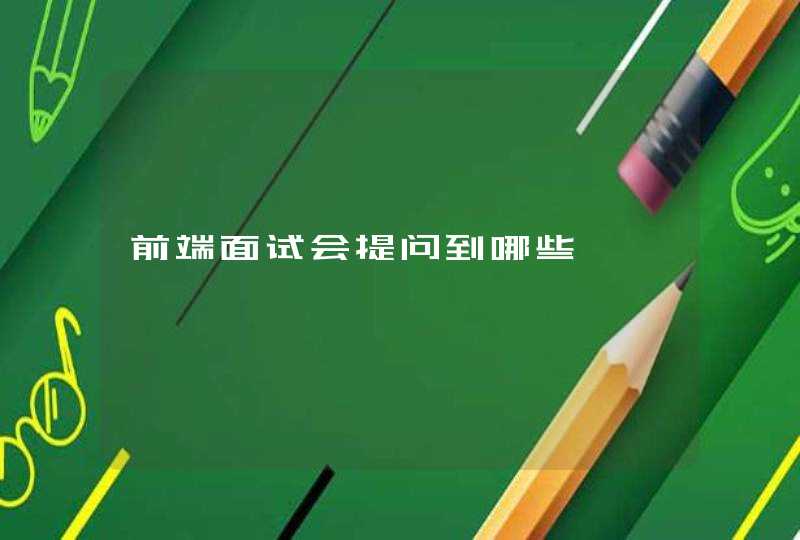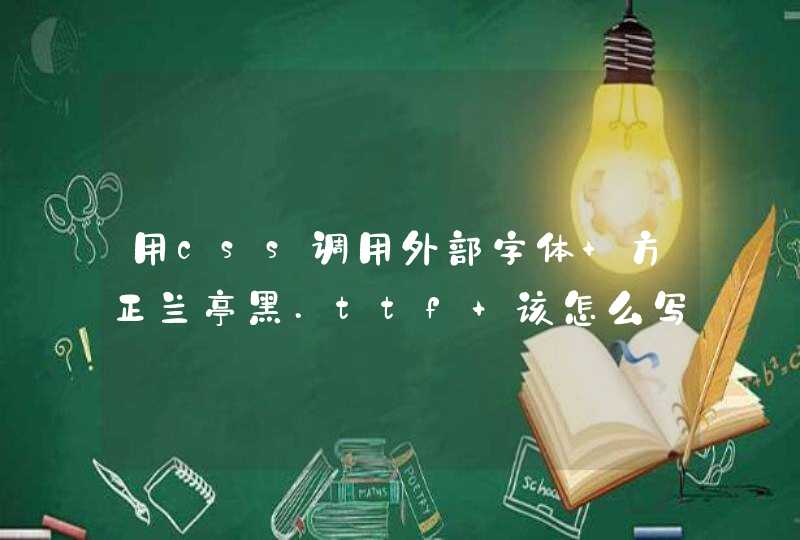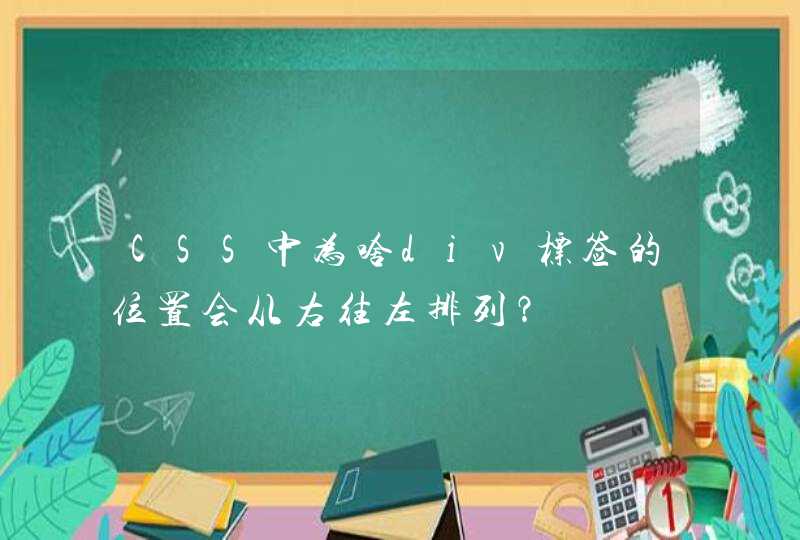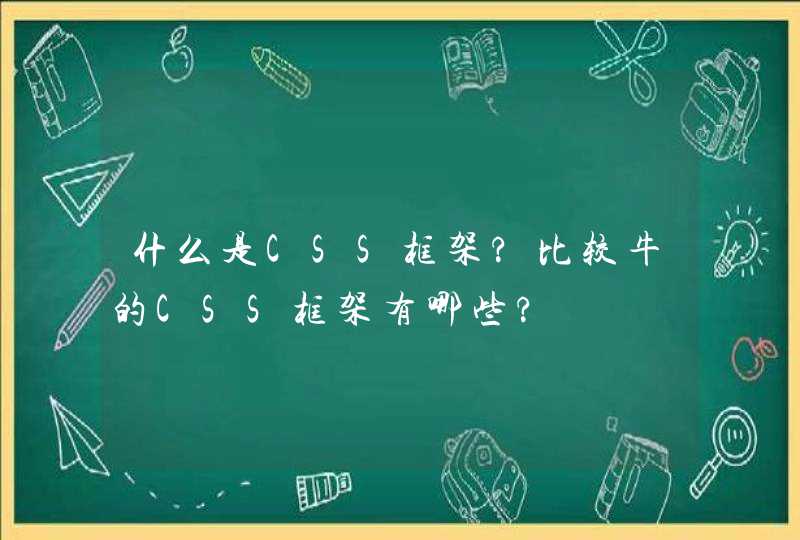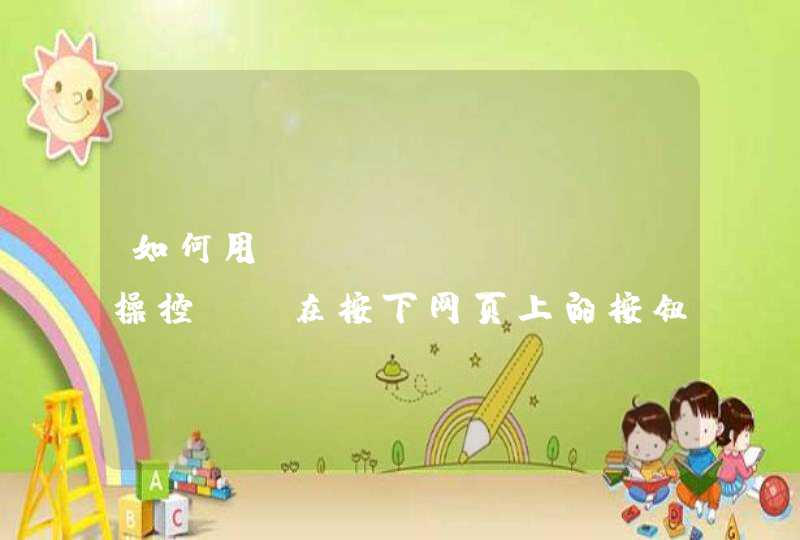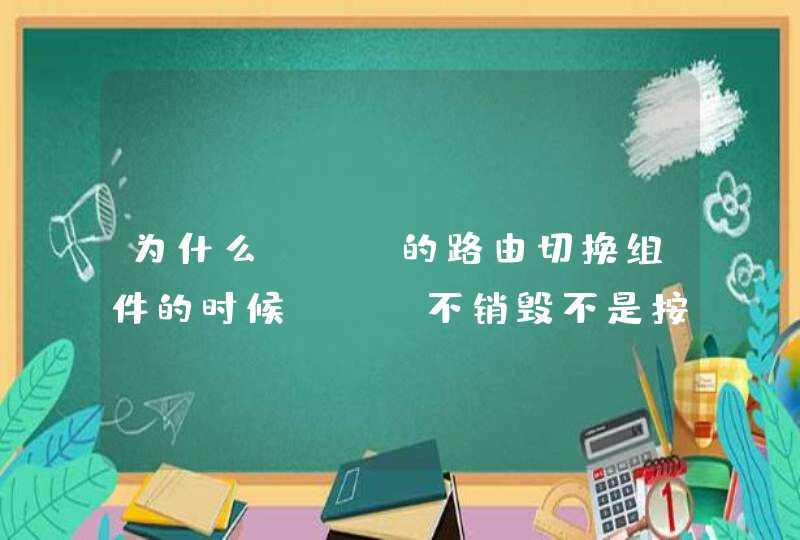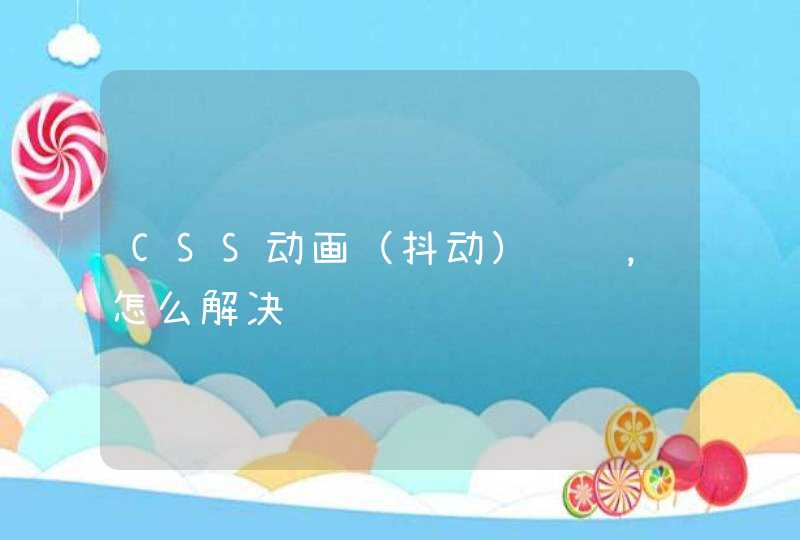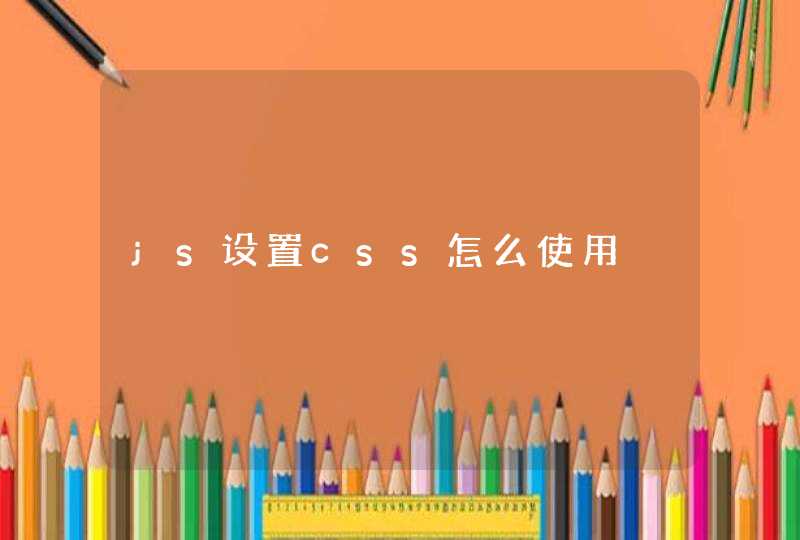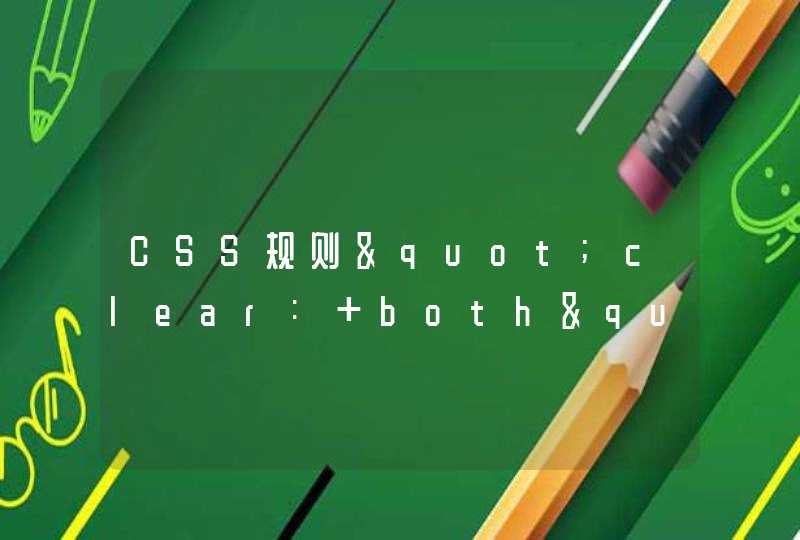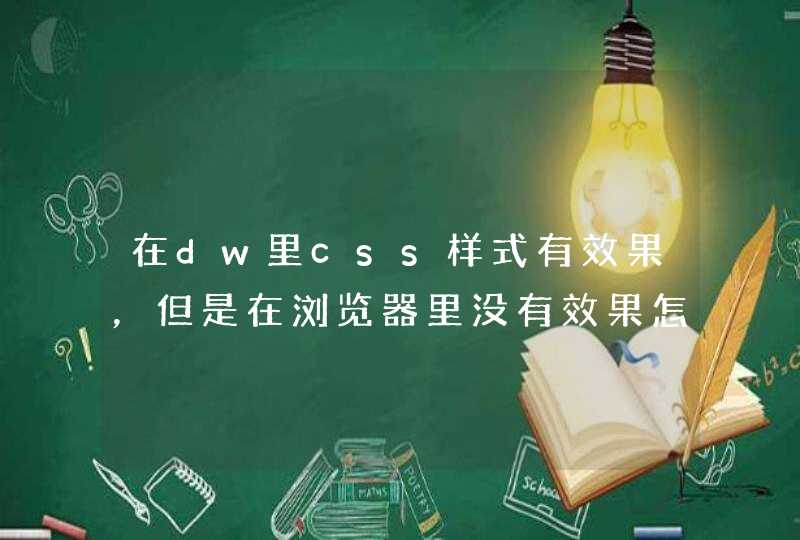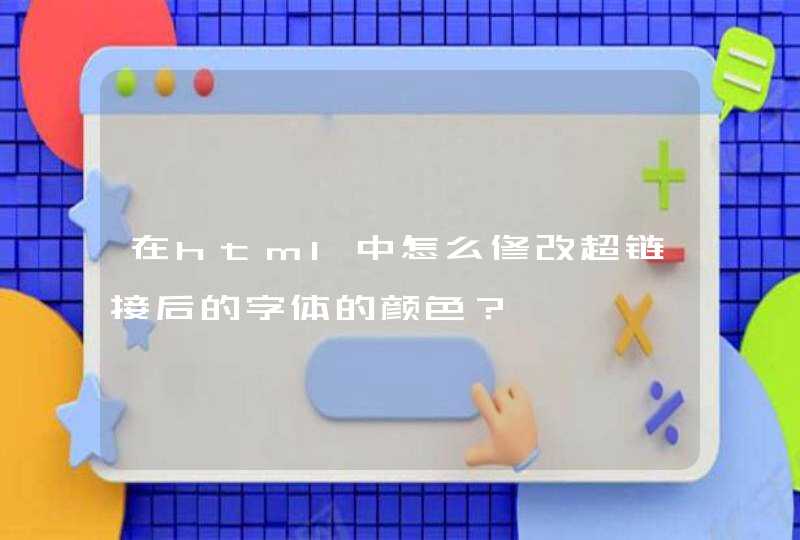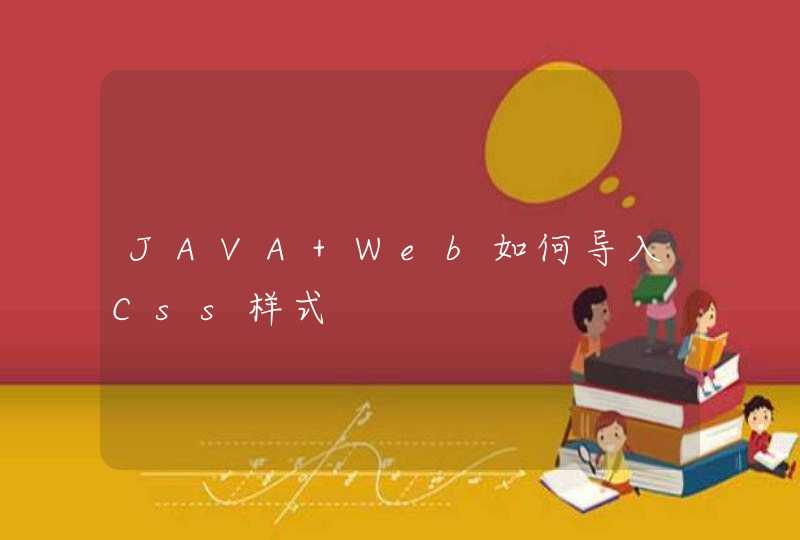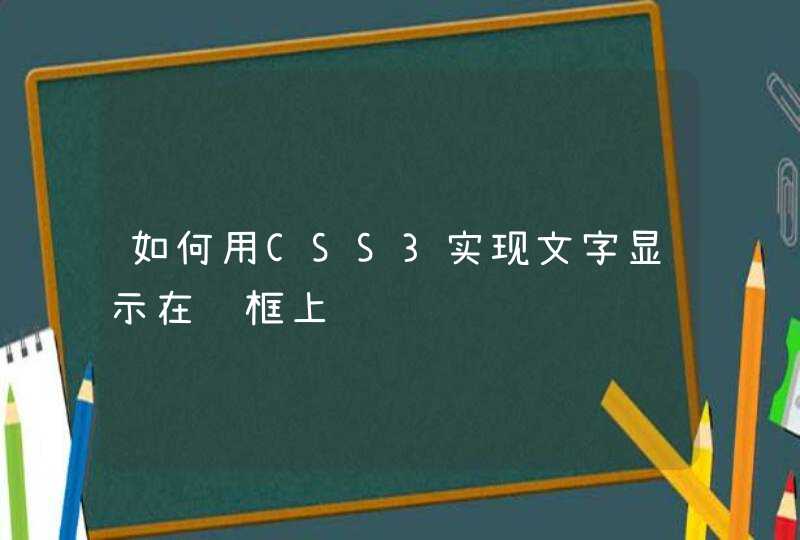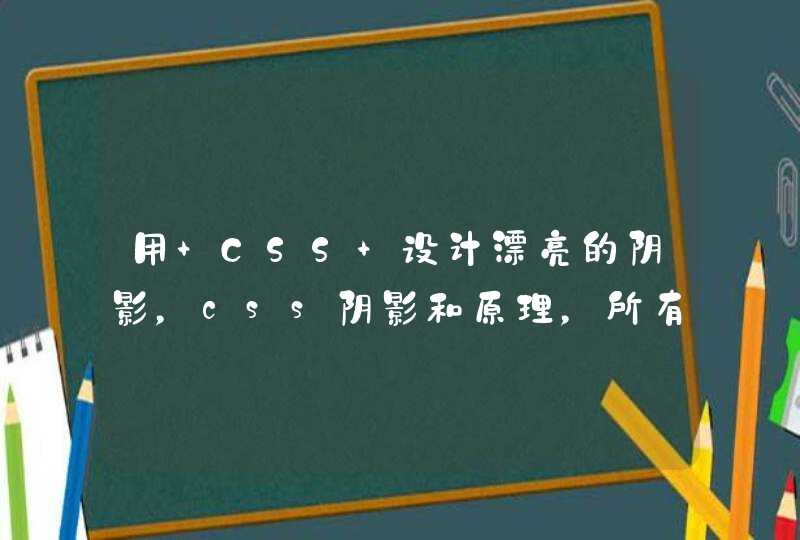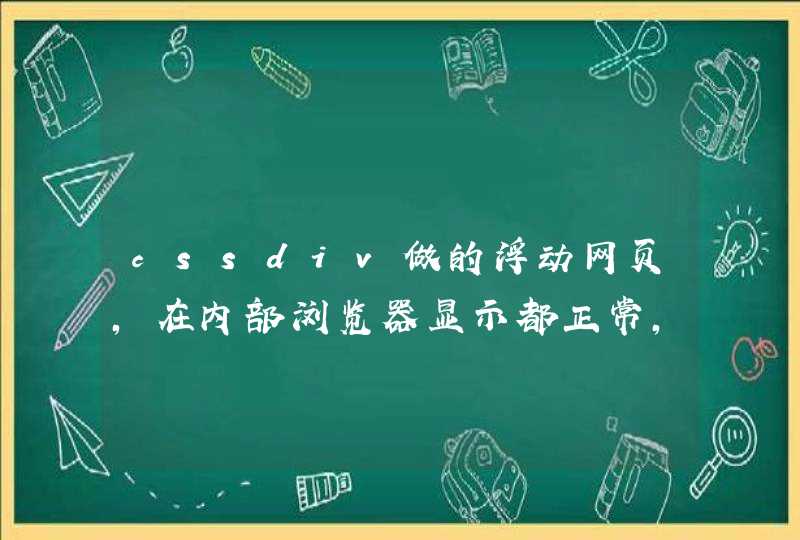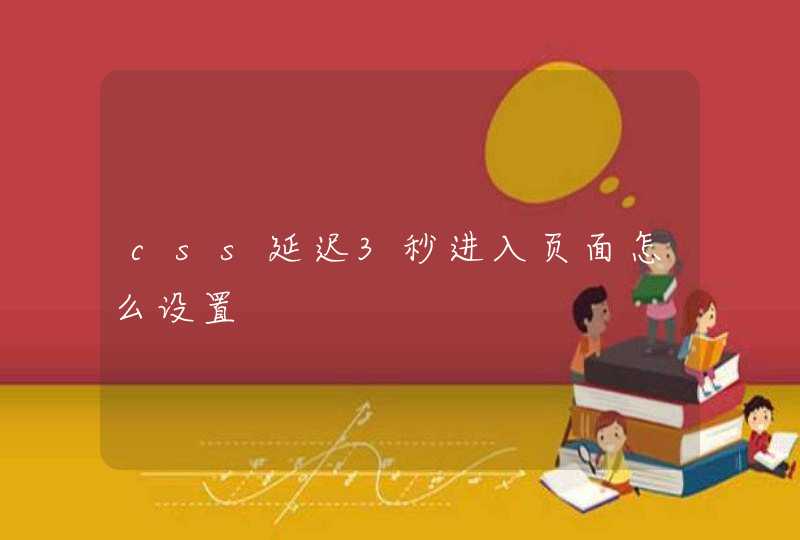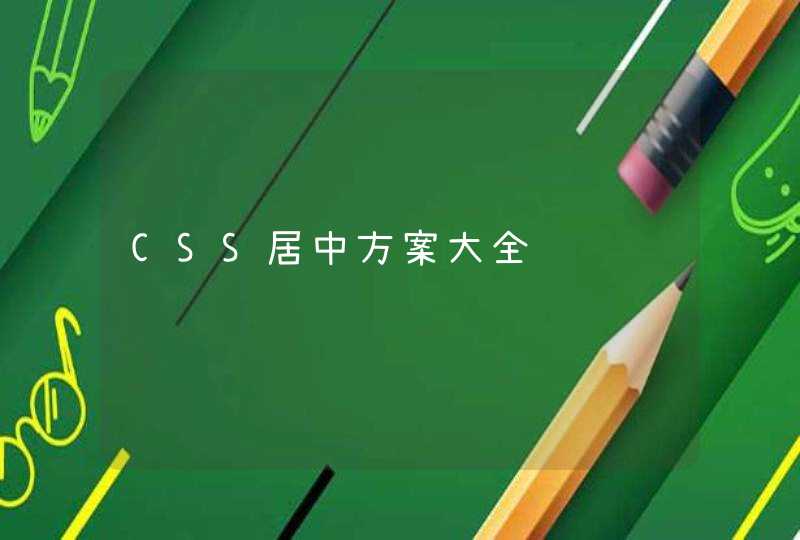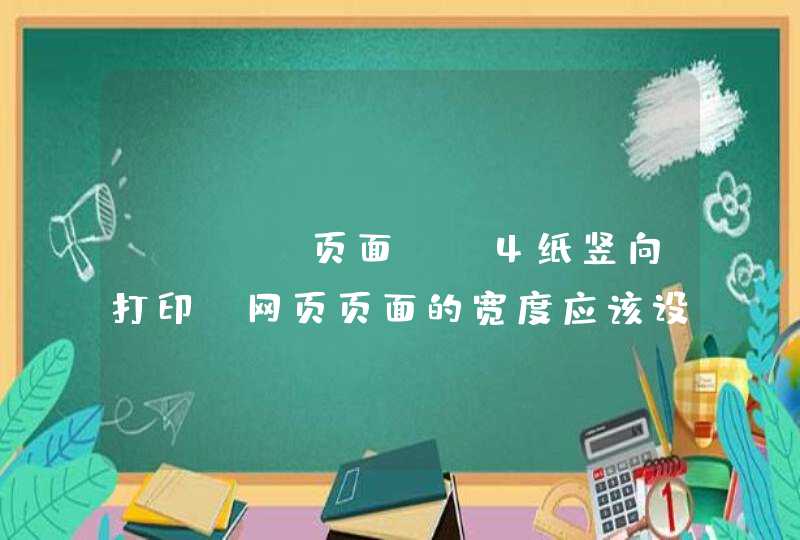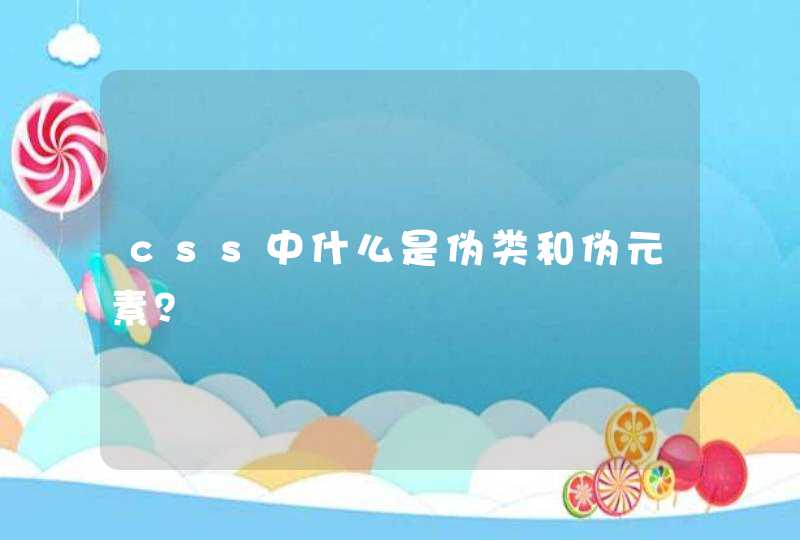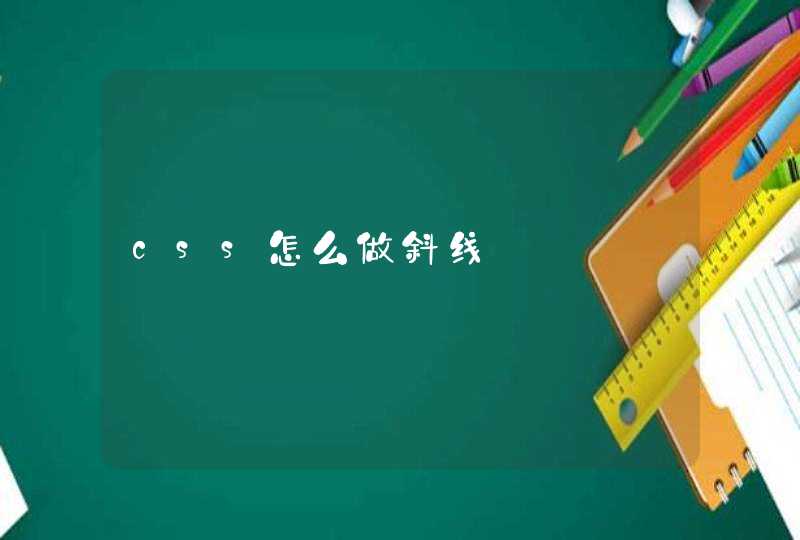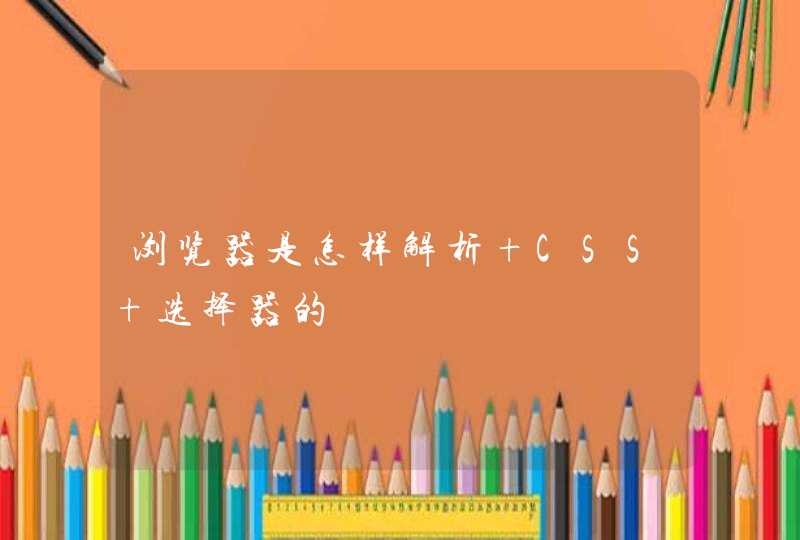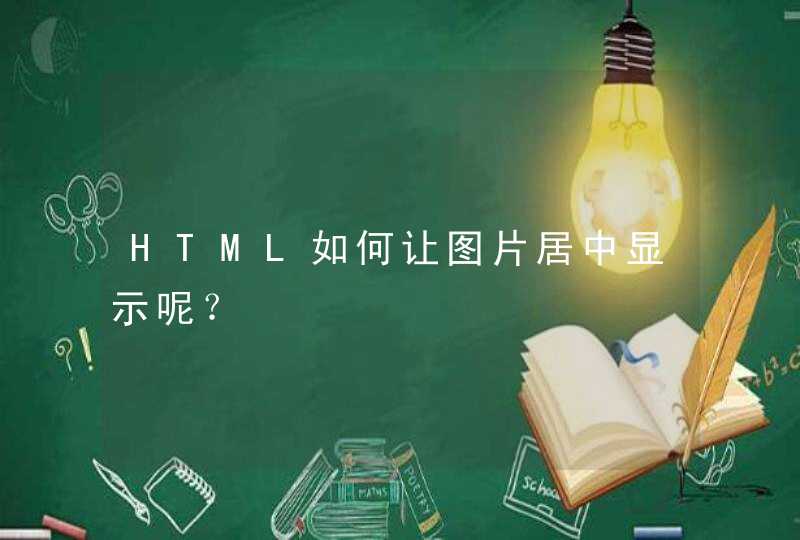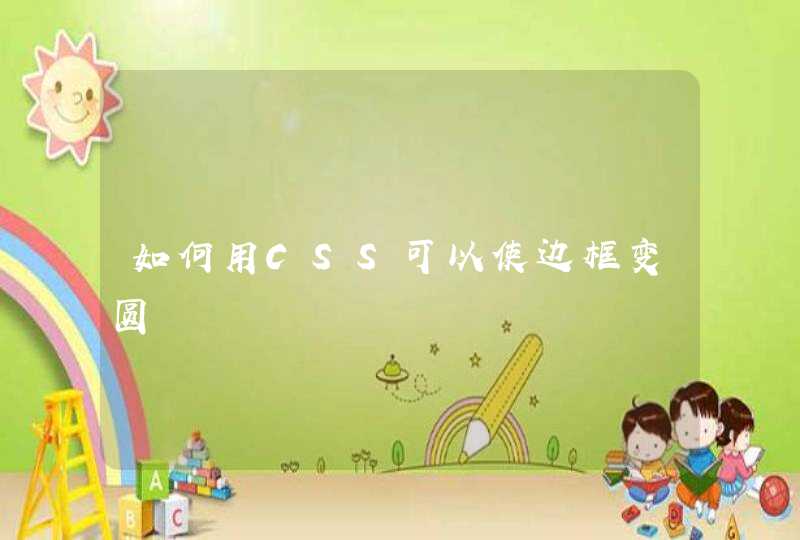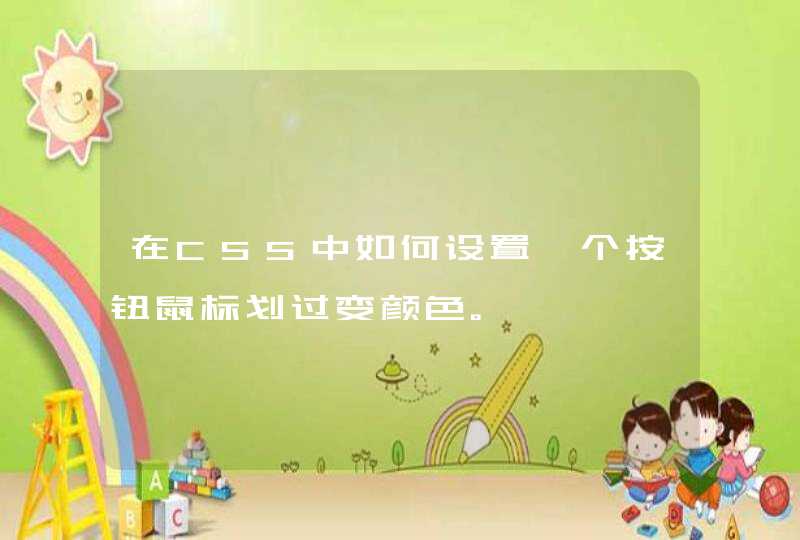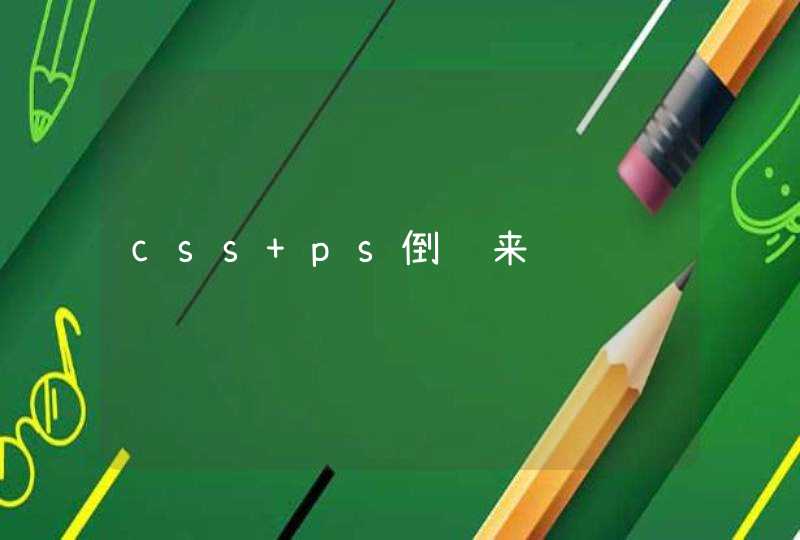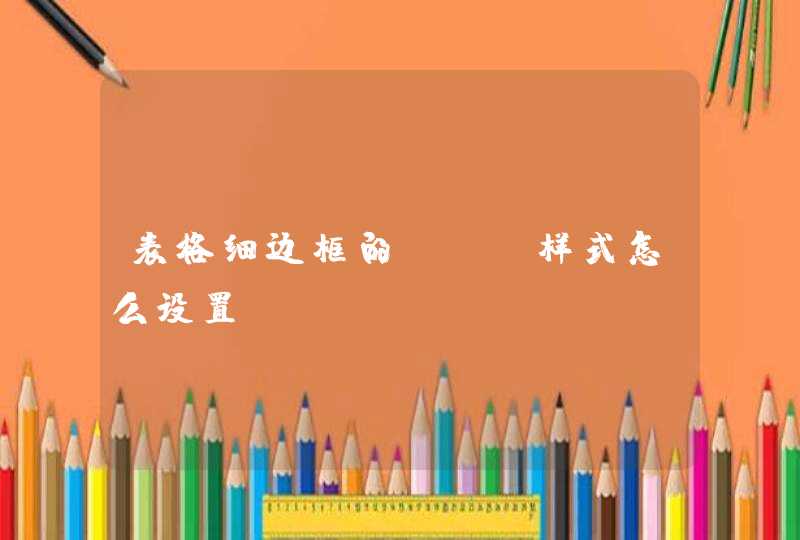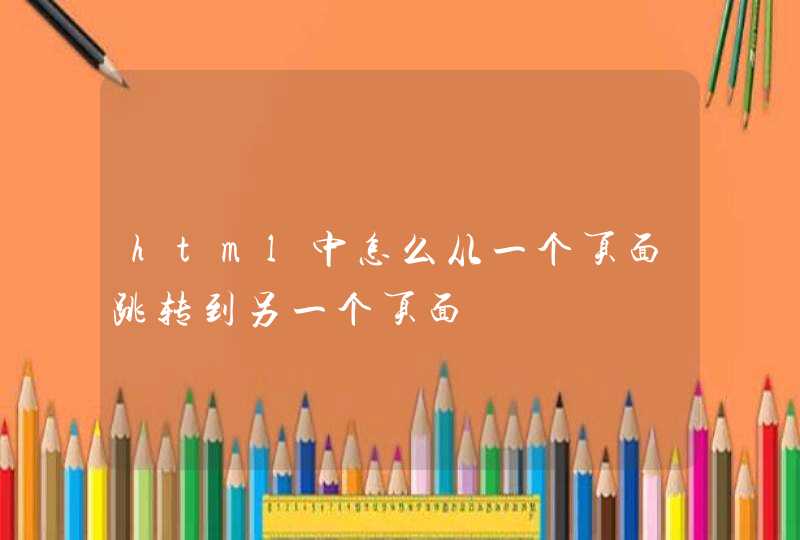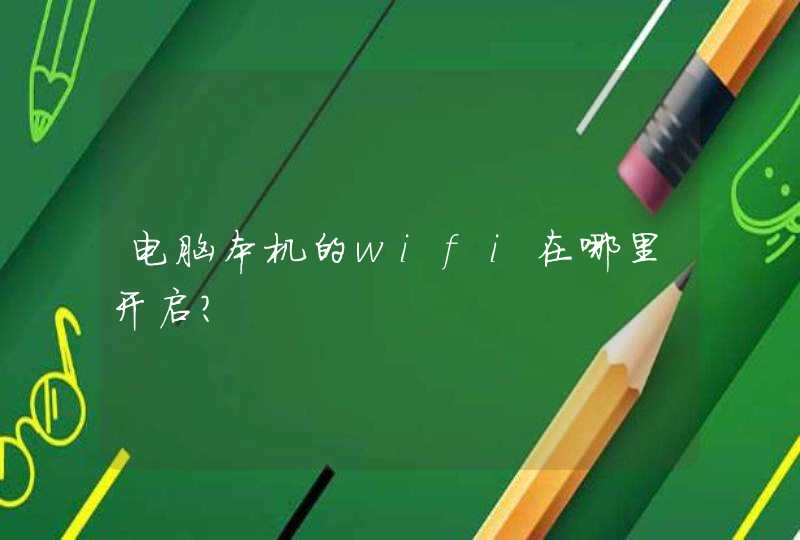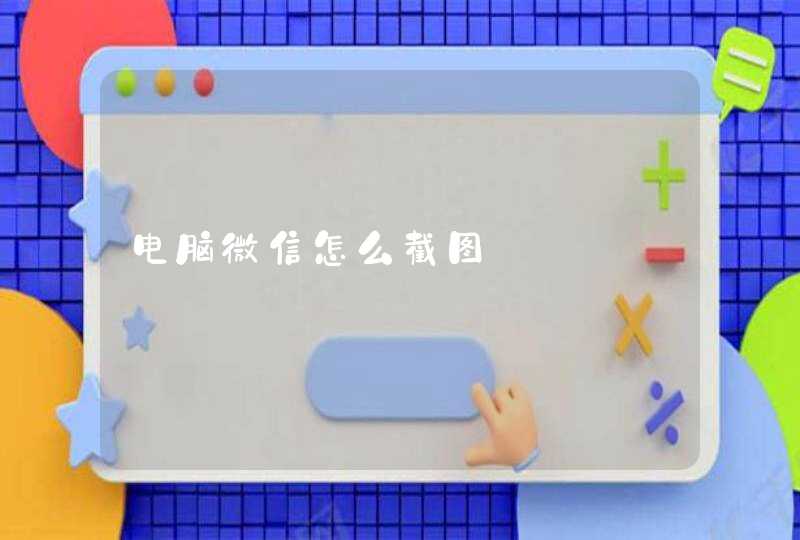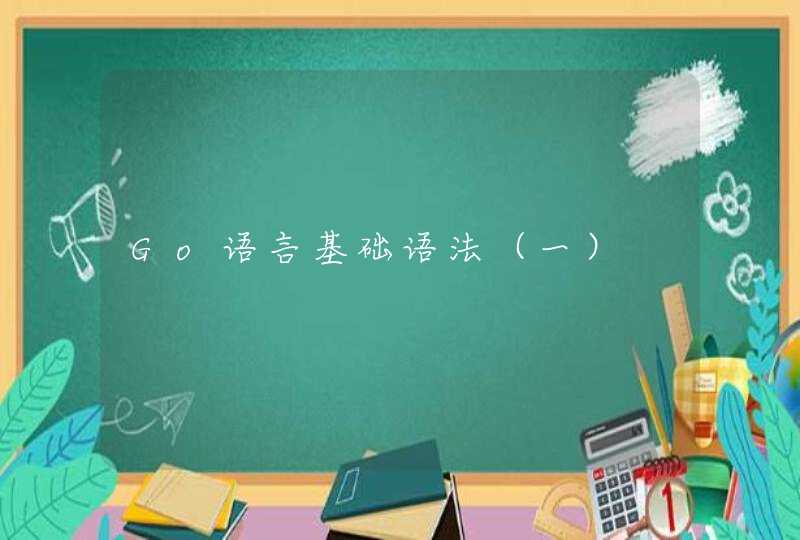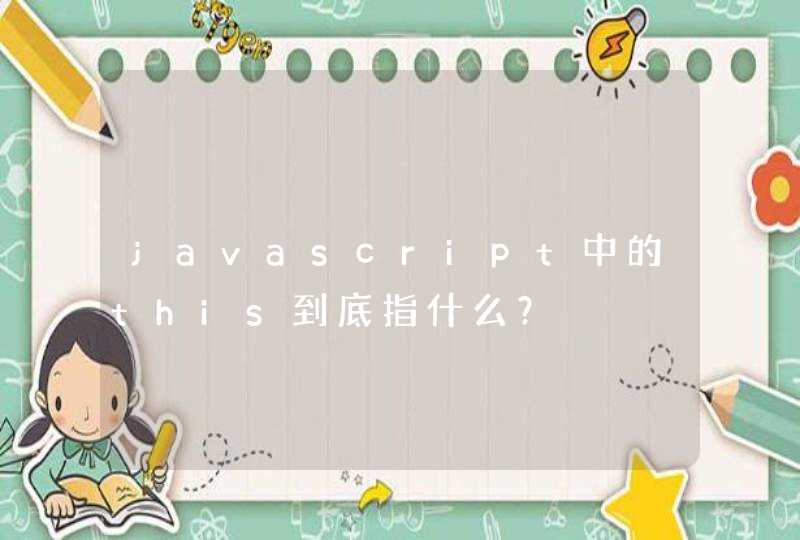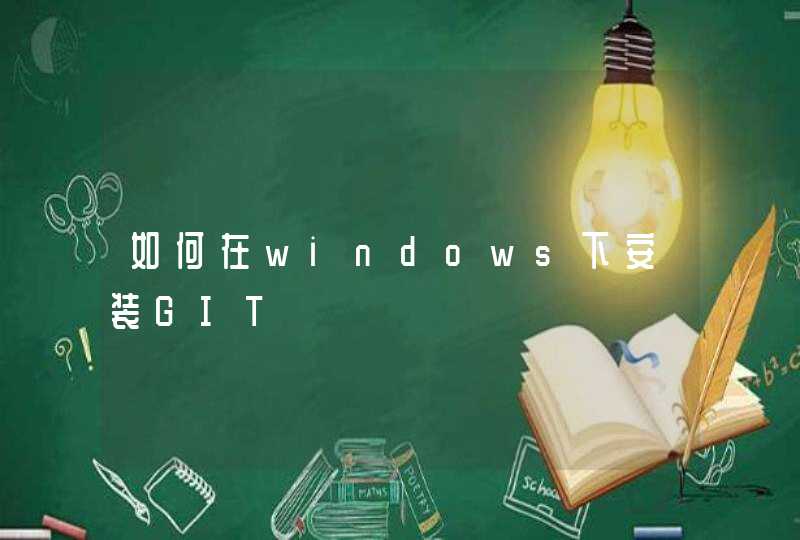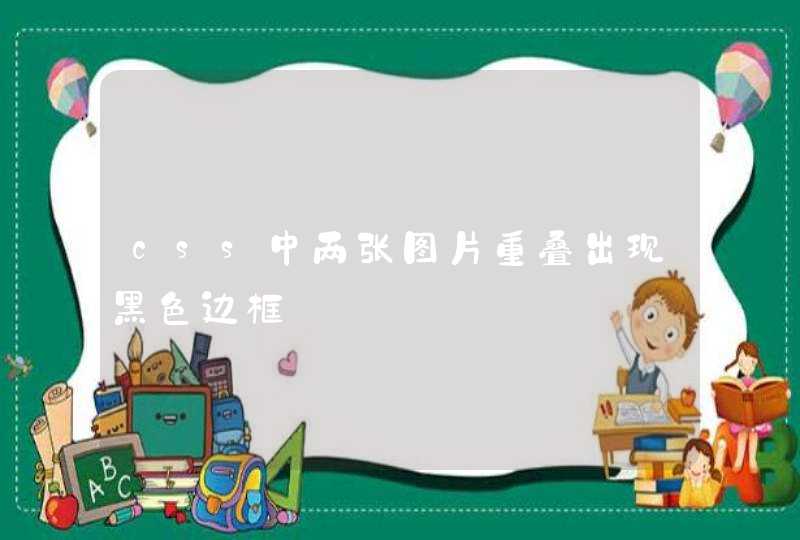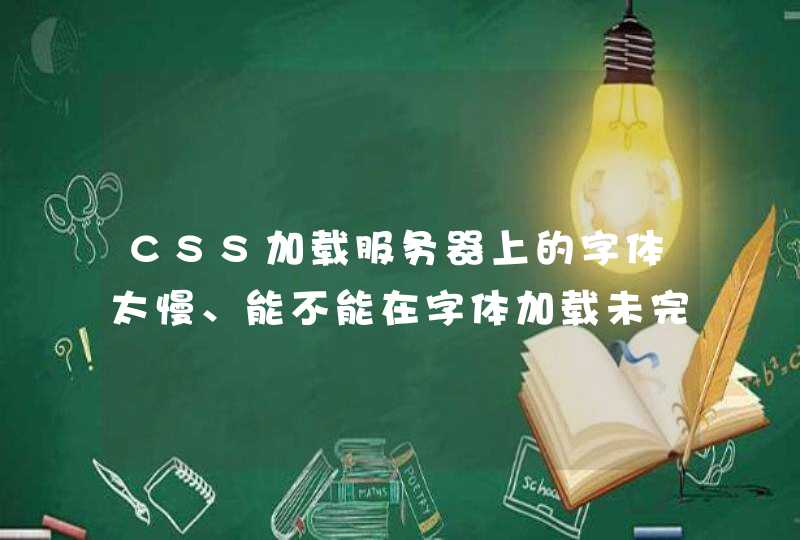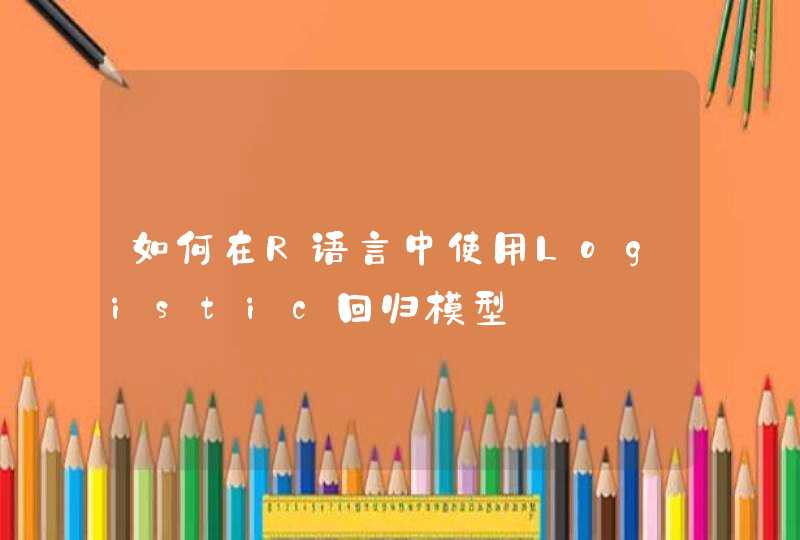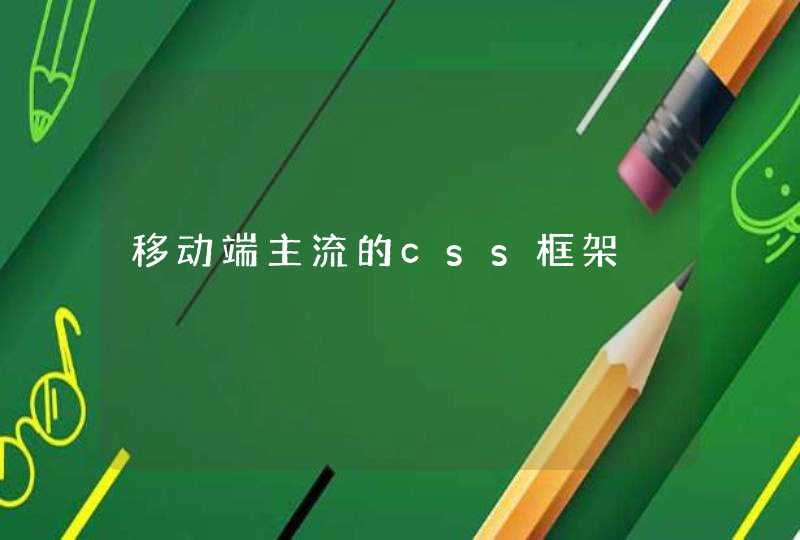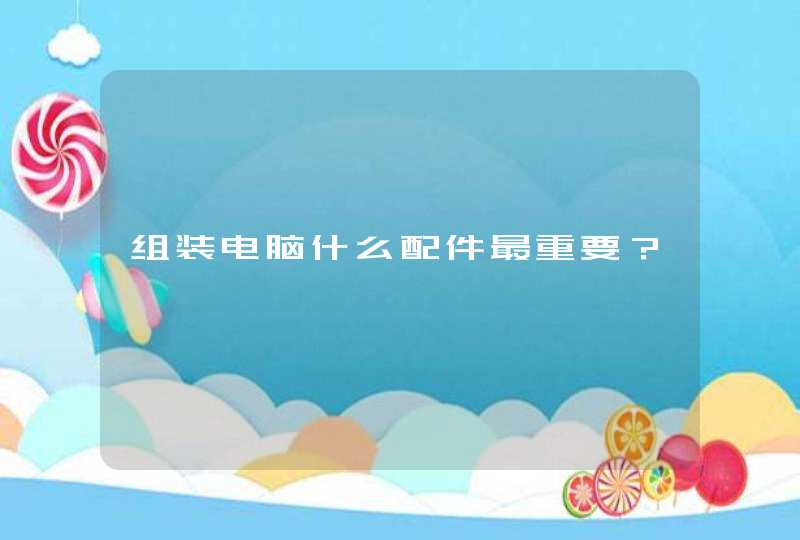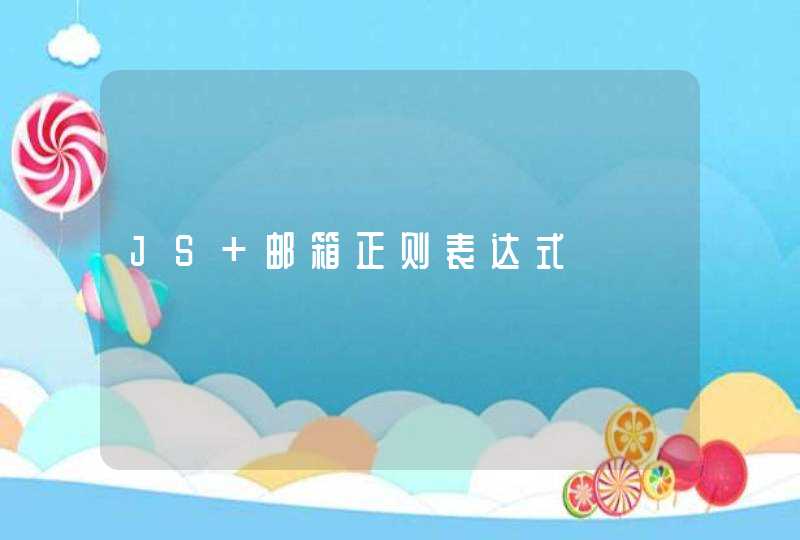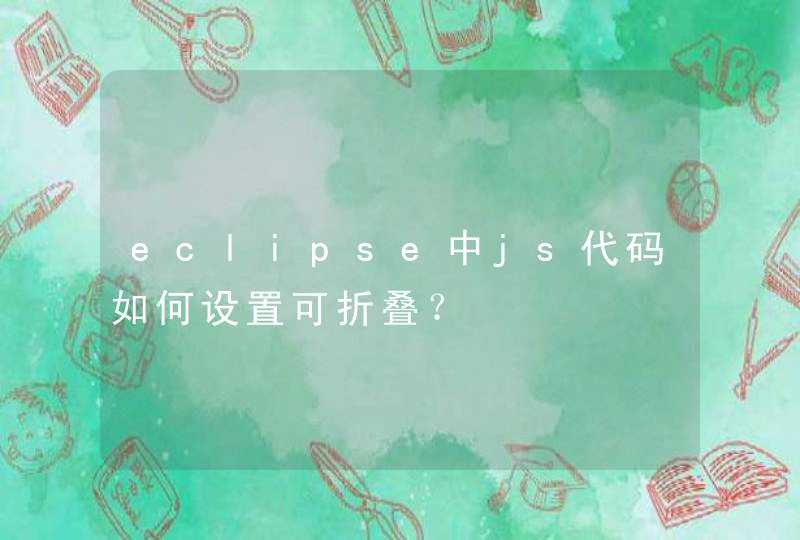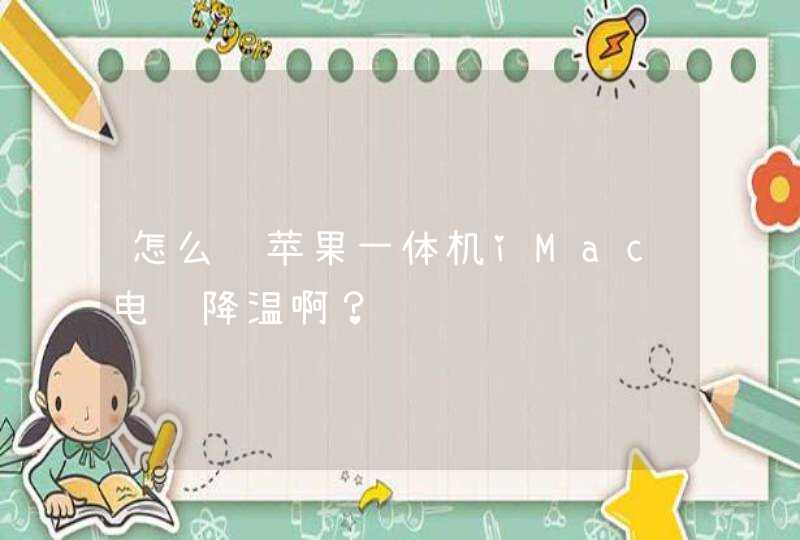
1、利用样式实现小程序动画(用法和css用法相识)
wxml 文件
<image class="aniamtion" src="../../images/page4.jfif" style="width:200rpxheight:200rpx position: relative"></image>
wxss文件
.aniamtion {
animation: mymove 5s infinite
/* //infinite属性是表示无限循环的意思,没有这个属性的话动画只执行一次。 */
}
@keyframes mymove {
from {
/* left: 0px*/
/* transform: rotate(7deg) skew(50deg) translate(30rpx,30rpx)*/
transform: rotate3d(100,200,300,0deg)
}
to {
/* left: 200px*/
/* transform: rotate(7deg) skew(5deg) translate(100rpx,100rpx)*/
transform: rotate3d(200,300,400,360deg)
}
}
2、 用小程序的API来实现动画
用wx.createAnimation(object) 来创建一个动画 -->返回一个animation对象
创建一个动画实例 animation。
onReady: function () {
this.animation = wx.createAnimation({
duration:1000,
timingFunction:'linear',
delay:100,
transformOrigin:"left top 0"
})
},
调用实例的方法来描述动画。
Animation.step() 表示一组动画的完成,可以在一组动画中调用任意多个动画方法,一组动画中的所有动画会同时开始,一组动画完成后才会进行下一组动画
rotate(){
this.animation.rotate(150).step() //对动画进行简单的描述
this.setData({
animation:this.animation.export()
})
},
最后通过动画实例的 export 方法导出动画数据传递给组件的 animation 属性。
this.animation.export() 导出动画队列。export 方法每次调用后会清掉之前的动画操作
rotate(){
this.animation.rotate(150).step() //对动画进行简单的描述
this.setData({ // 在setData({}) 导出动画数据数据给组件
animation:this.animation.export()
})
},
完整的wxml
<view class="container">
<view animation="{{animation}}" class="view">
将做动画的块
</view>
</view>
<button type="default" size="mini" bindtap="rotate">
旋转
</button>
完整的wxjs
Page({
data: {
animation:''
},
onReady: function () {
this.animation = wx.createAnimation({
duration:1000,
timingFunction:'linear',
delay:100,
transformOrigin:"left top 0"
})
},
rotate(){
this.animation.rotate(150).step().translate(100).step()
this.setData({
animation:this.animation.export()
})
}
})
3、用选择器来绑定组件来来实现组件的动画(小程序2.9.0 的库可用,版本不够会报this.animate不是一个方法)
<text>pages/index7/index7.wxml</text>
<view id="container" style="height: 100pxwidth: 100pxbackground-color: blue">
container
</view>
<view class="block" style="height: 100pxwidth: 100pxbackground-color: #ccc">
block
</view>
用选择器选择相应的组件进行相应的动画
进行关键帧的处理
onLoad: function () {
this.animate('#container', [
{ opacity: 1.0, rotate: 0, backgroundColor: '#FF0000' },
{ opacity: 0.5, rotate: 45, backgroundColor: '#00FF00' },
{ opacity: 1.0, rotate: 90, backgroundColor: '#FF0000' },
], 5000)
this.animate('.block', [
{ scale: [1, 1], rotate: 0, ease: 'ease-out' },
{ scale: [1.5, 1.5], rotate: 45, ease: 'ease-in'},
{ scale: [2, 2], rotate: 90 },
], 5000)
},
}
4、用第三方的库 animation.css
需要做的有
从https://daneden.github.io/animate.css/下载css动画文件
把 .css 文件 改名成 .wxss文件(可进行相应的需改,毕竟小程序的大小限制摆在那里)
把它引入到你的app.wxss文件中
@import “动画文件的相对目录”
在用的时候把他和你的样式绑定
<view class="swing" style="height: 100pxwidth: 100pxbackground-color: #ccc">
block
</view>
// 给类名为swing 的文件绑定swing 的动画
.swing{
animation: swing 5s infinite
}
一个小程序页面由四个文件组成,分别是:js页面逻辑 、wxml
页面结构 、wxss
页面样式表 、json
页面配置 。把样式宝贝到当前页面同名的.wxss文件里面就可以了
我们在写样式的时候,可能一个app内的颜色,比如#00ff00,假设这个颜色我用了100次,穿插写在不同的页面里。当需要修改这个主题的时候,会让人抓狂。
所以我们可以使用变量来优化。
在html, css里面,它原始的定义方式及使用方法是这样的
其中,:root是根元素选择器,也就是<html>元素。在这里面定义的变量,可以在整个页面进行使用。
使用的时候,用var()函数进行调用。
注意:约定变量名须以两个连字符'--'开头
在小程序中,用法基本也是一样的:
我们在wxss页面中进行定义
注意,page选择器是选中整个页面,前面是没有'.'号的。这是wxss系统自带的选择器。可以看到,用法和css原始用法差别不大。
你也可以在wxml里面直接使用!
这个wxss变量,既可以在每个页面mypage.wxss里面的page里声明,
,就能在所有页面里使用。
